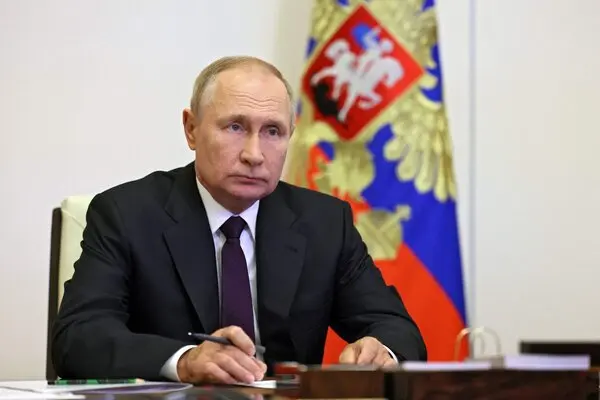The chairman of the US White House’s Intelligence Committee has sounded the alarm on what he describes as a “national security threat” originating from Russia’s nuclear capabilities, as reported by ABC News. According to intelligence reports, Russia is purportedly aiming to deploy a nuclear weapon into space, which could potentially be employed against satellites.
The revelation of this intelligence came after Representative Mike Turner, the Republican chairman of the US House of Representatives intelligence committee, issued a statement on Wednesday expressing grave concern about a “serious national security threat.” Turner urged President Biden to declassify all relevant information regarding this threat to enable open discussions among Congress, the Administration, and allied nations on the necessary response measures.
House Speaker Mike Johnson echoed Turner’s sentiments, indicating that the threat pertains to a space-deployed Russian anti-satellite weapon. Such a weapon could pose a significant risk to US satellites, which play a crucial role in transmitting vast amounts of data every hour.
Earlier reports by the New York Times suggested that the new intelligence was linked to Russia’s efforts to develop a space-based antisatellite nuclear weapon, further intensifying concerns about the potential implications of such advancements.
Turner’s recent return from leading a bipartisan congressional delegation to Ukraine has heightened his awareness of the urgency facing Ukraine in its confrontation with Russian forces. As an advocate for robust US national security measures, Turner’s stance contrasts with some of his Republican counterparts who advocate for a more isolationist approach.
Moreover, Turner’s support for maintaining US military assistance to Ukraine in its conflict against Russia underscores his commitment to bolstering international security efforts.
In light of escalating threats in space, the US has witnessed both China and Russia exploring novel methods to disrupt satellite operations, including jamming signals, intercepting feeds, and even physically manipulating satellites. Consequently, the establishment of the Space Force in 2019 aimed to address these evolving challenges, with a primary focus on training personnel to detect and defend against such threats.
The Pentagon’s 2020 Defense Space Strategy identified China and Russia as the foremost strategic adversaries in space, citing their aggressive pursuit of counter space capabilities and military doctrines advocating for the extension of conflicts into the space domain. These developments underscore the critical importance of enhancing space defense capabilities to safeguard national security interests.













